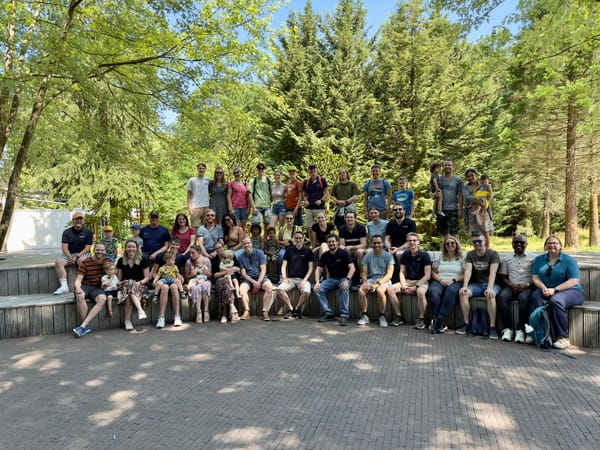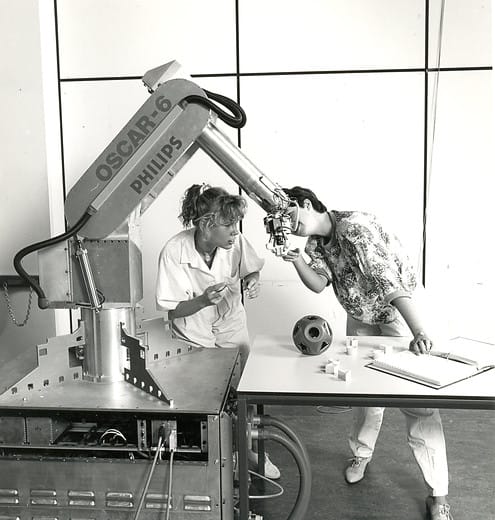Will AI take over: The current state of human-AI collaboration
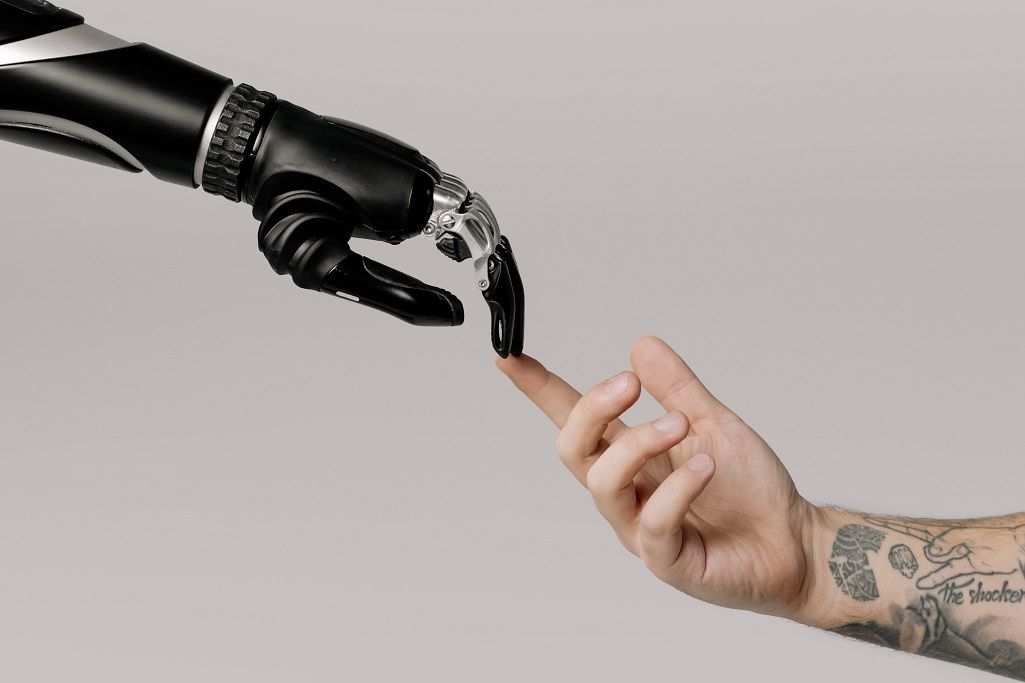
Nowadays, you often hear people say that “Robots will surpass our intelligence” or “We will lose our jobs because of AI”. There is certainly a growing trend towards the importance and potential of artificial intelligence in jobs and daily life, which causes people to conclude the outcome of AI replacing human workers throughout every industry, or even humans in general, to be inevitable. I do agree that these recent technologies will change our ways of working and living, though humanity is not planning to create mechanisms that replace us. Instead, “the technology’s larger impact will be in complementing and augmenting human capabilities, not replacing them” [5]. In this article, we will explore the potencies of ‘human-AI collaboration’ (HAIC): Why do we use it, where is it used, and how will it affect our daily lives?
Humanity is endlessly creating new inventions to increase the productivity and efficiency of our daily lives. Artificial intelligence and machine learning have been main sources of modern technology that is an integral part of new tech and will continue to be so. The stereotypical feature of AI design being a “black box” that can outperform humans in certain tasks limits the capability of humans and machines working together, as it usually provides incorrect explanations of AI’s choices [1]. This is where HAIC takes its place by changing this stereotype and making the collaboration between these two sides plausible.
But what is in it for us? The main aspect to look at is what we as humans excel in, and what AI does better than us. Machines are made to be incredibly good at crunching numbers and humans are amazing at their social and imaginative abilities compared to machines. This symbiosis increases the productivity of employees. A recent survey [5] of approximately 1500 organisations across several industries, found that employees achieve a substantial performance boost when working with AI.
You are most likely a user of HAIC already. Think of ‘virtual assistants’ like Siri or Google Assistant. These bots use cognitive computing to respond to humans, making human-like conversations possible. Cognitive computing refers to the processing of signals and creating behavioural patterns by analysing these signals and acting more human-like.
Another example is self-driving cars. Of course, not everyone drives a Tesla, though it is common for most newer cars to have adaptive cruise control. These advancements make driving more of a job for the AI, though a human can always jump in if the outcome needs to be changed as crashing is not ideal and to ensure a person is legally responsible.
These Teslas are made in a car factory, where robotic arms collaborate with human workers to put together the parts of a car on the conveyor belt. The robotic arms do the boring, dangerous and repetitive tasks that humans did before, while being more efficient to humans as well: The idle time is reduced by 85% when HAIC is implemented at manufacturing sites [2].
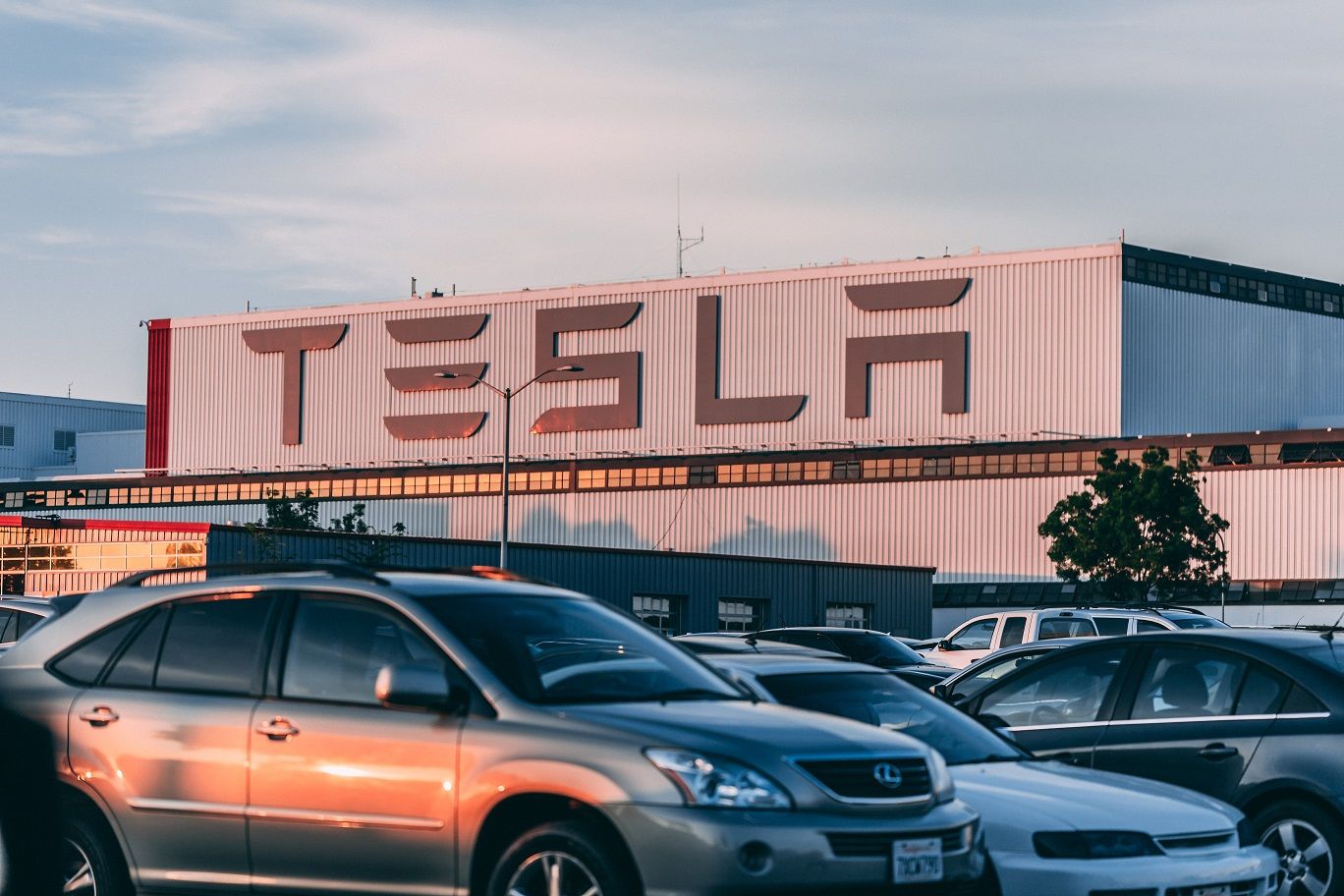
Another industry that has integrated human-AI collaboration is the healthcare sector, where AI algorithms are used to analyse medical data. These analyses are then used to aid doctors in diagnosing diseases more accurately and efficiently than humans alone can do. By having this cooperation, doctors can enhance their decision-making capabilities, leading to improved patient outcomes and overall healthcare quality.
It is not rare to find a conversation about AI nowadays. Typically, the talks are about people being scared their jobs might be taken over by ‘robots.’ According to American research, around 82% of people think that robots and computers will replace most of the work we do right now [3].
Despite concerns about job displacement, studies show that human-AI collaboration can lead to job creation and an overall increase in productivity. According to the World Economic Forum, by 2025, the integration of AI could result in the creation of twelve million new jobs [2,4]. This is because AI technology often complements human capabilities rather than replacing them entirely. By automating repetitive and mundane tasks, AI allows humans to focus on higher-level cognitive activities that require creativity, critical thinking and emotional intelligence.
This is not the first time people have been uncertain about their jobs being displaced by AI/computers. In the computer science field, this has been a recurring hot topic for decades now. From the first programming languages allegedly taking over the jobs from programmers that were still punching holes in punch cards, to fourth generation languages (4GLs) taking over the jobs from programmers in the 1980s, because ‘everyone could code now’. Although the first programming languages did make punch cards history, 4GLs failed to become mainstream, the outcome was still the same: programming as a job never went away, either because new technology created new jobs, or new technology failed to get applied to society.
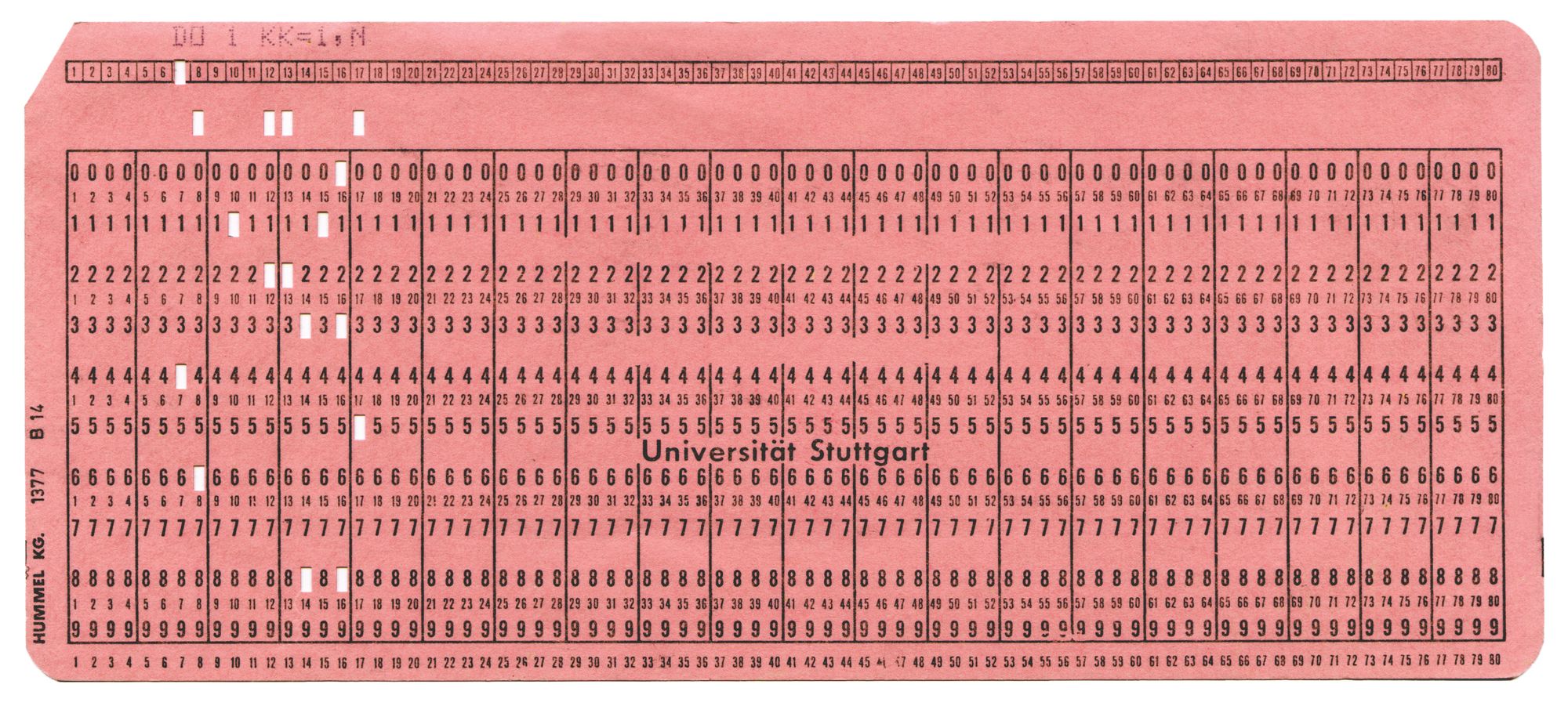
In the beginning, I stated that people are scared that AI will take over humans ‘in general.’ What I meant by this, is that a part of society expects a dystopian future, like in the movie Blade Runner, or the Black Mirror tv series. While I do not think this will happen anywhere close soon, how much and what kind of effort will it take for it to be real?
War. An action of prolonged conflict that is usually ‘won’ by the party having the most technological advancements. A clear example would be the war between the Spanish conquistadors and the Aztecs between 1519 and 1521, during the battle of Tenochtitlan, where the Aztecs suffered a loss of more than one hundred times the casualties as the Spanish Empire, as Spain had advancements like nitre and steel, thus being able to make cannons and steel armor, making easy work of the Aztecs.
In our current developed world, we will not find scientific differences as large as what happened in the 16th century, though every nation nowadays still needs to keep up with current research, given they want to have a say in the world. As the potential of AI is immensely high, it is important to note that it can also be used for militaristic intentions. Think about autonomous weapons systems, like drones, or using predictive algorithms to make identifying threats easier. These deployments of course raise ethical considerations, but in the end, AI works like a machine. It is not inherently good or bad, it ultimately depends on how we use it.
The fear of the inevitable job displacement by AI is overstated for decades now. Paradoxically, studies show that AI will improve the productivity of current jobs and will additionally create more jobs, as it has previously done. What the impact of AI is on our lives is our own decision. AI will not decide the shape of our future, we will decide how AI shapes it. Given we as humans create new things to make ourselves more efficient and grow as a society, it would not make sense if we made ourselves redundant, right?


